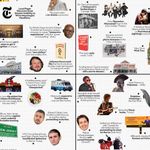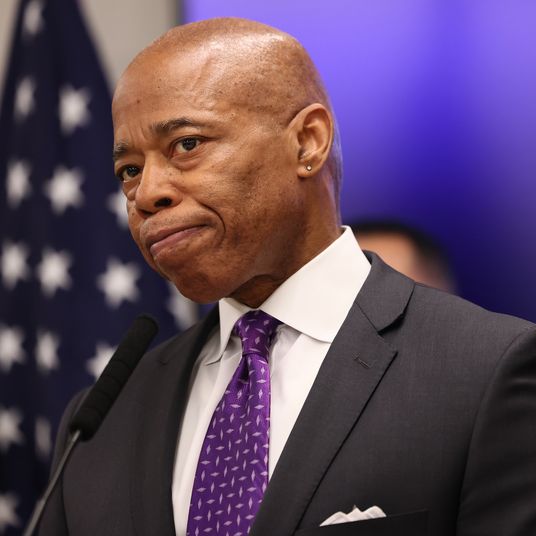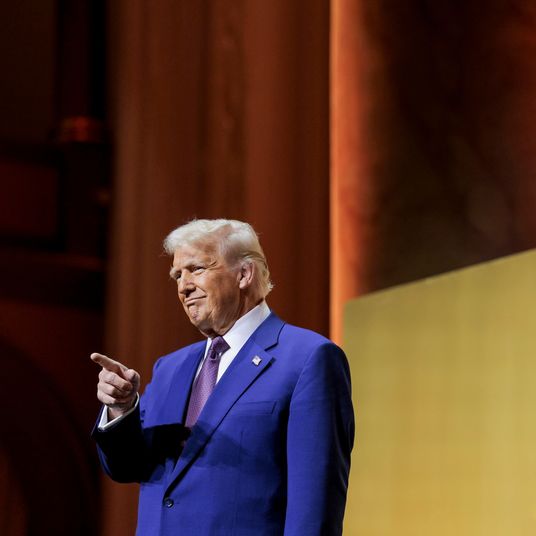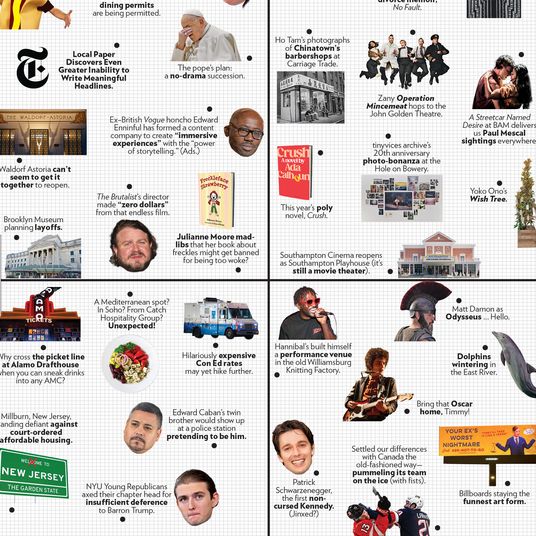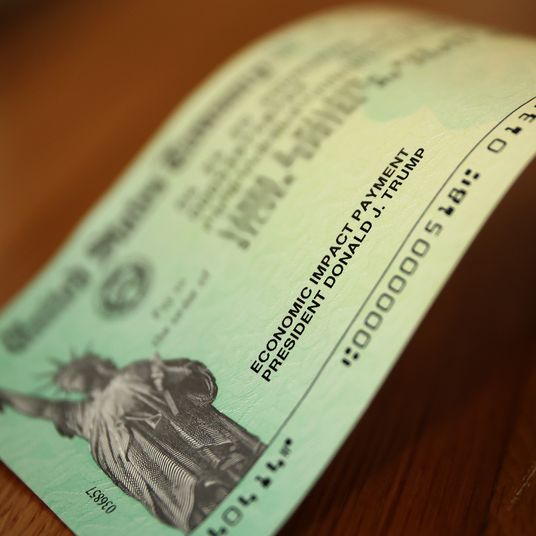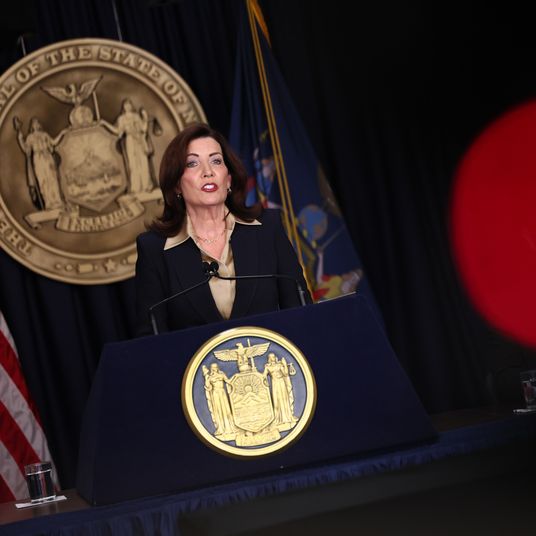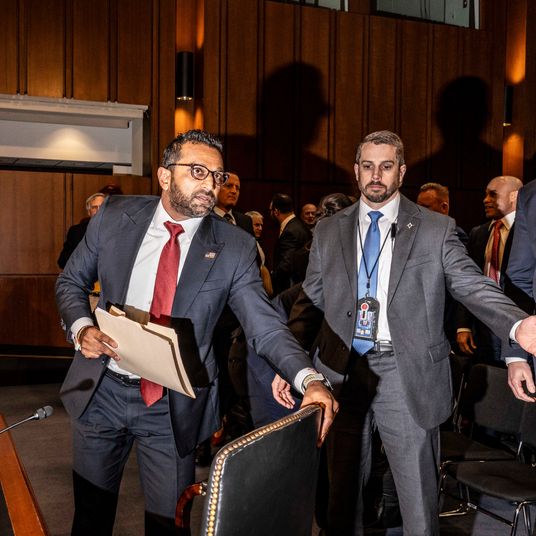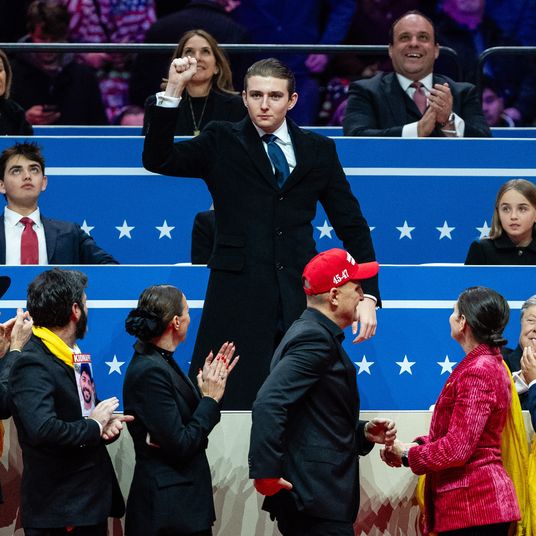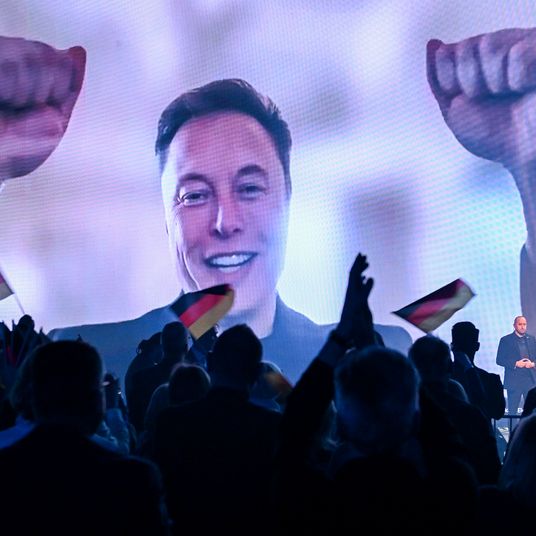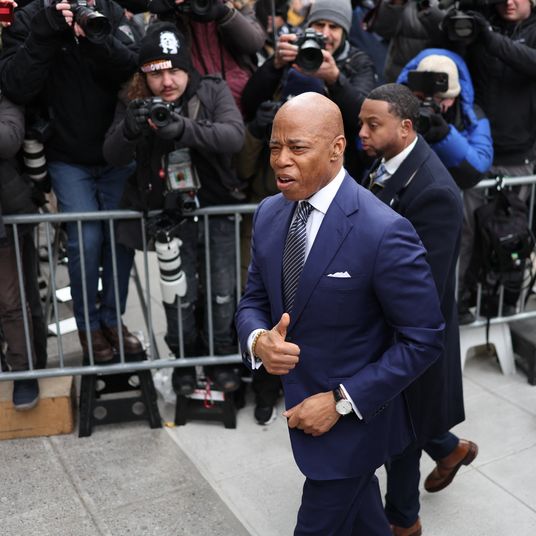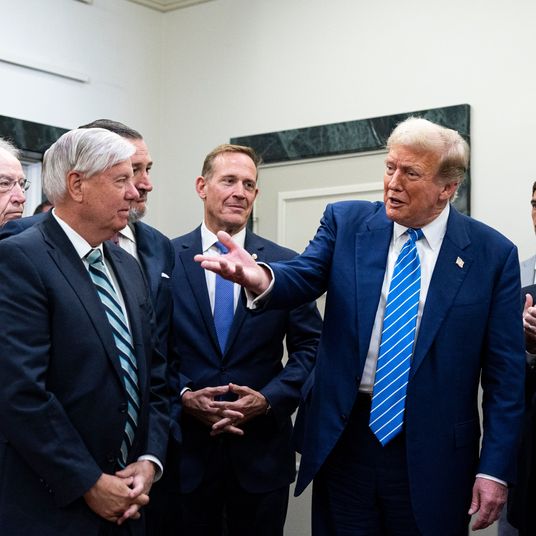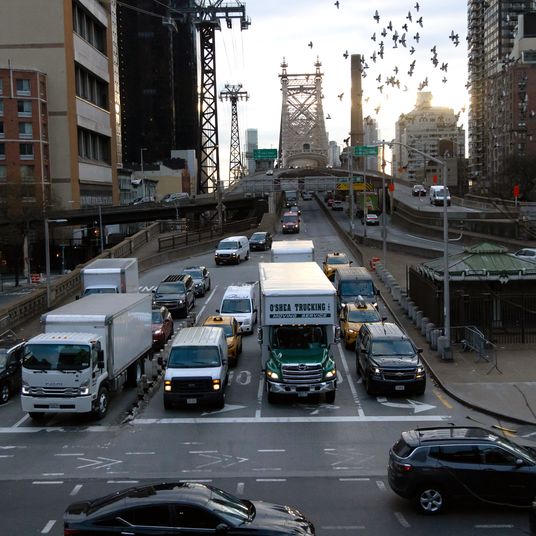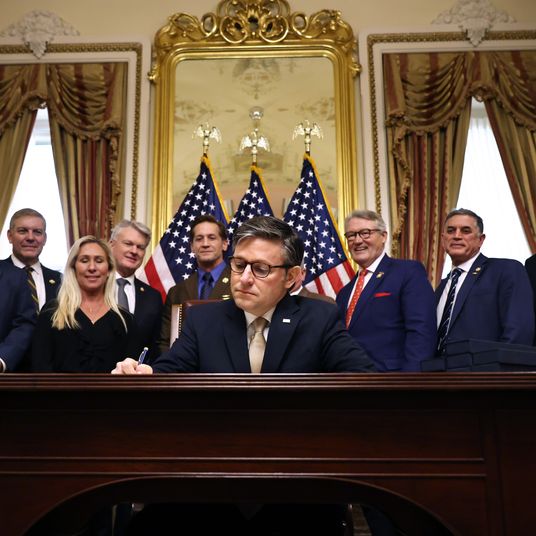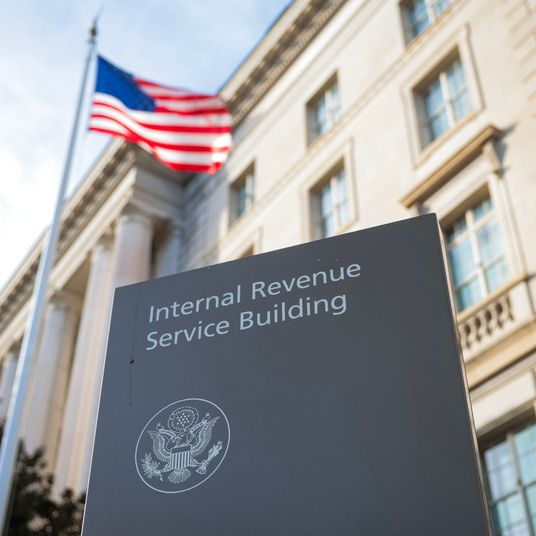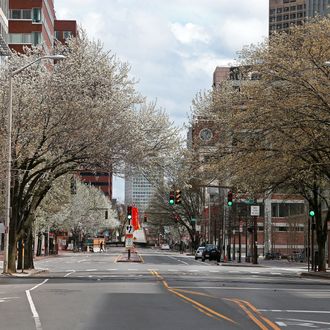
CAMBRIDGE, Mass. — Yesterday, Cambridge was oddly normal. Harvard students ran around campus like any other day, and the streets were bustling with yuppies popping into the American Apparel and the cute local coffee shops. This morning, I woke up to a very different city. The streets around Harvard Yard, near my hotel, are completely bereft of pedestrians. Few vehicles roll by, and nearly half of them are some sort of emergency response unit. The eerie silence is punctuated by only by occasional siren blasts from a police car or ambulance. The vaguely post-apocalyptic feel of empty streets and constant warnings on the local TV news to stay indoors is reminiscent of New York during Hurricane Sandy.
But unlike during Sandy, the weather is totally incongruous with events. Until about 4pm, it was 70 degrees and sunny, but the famed local parks, such as Cambridge Common, are almost totally empty. The 30 journalists convened for my conference are mostly confined to the hotel, as if we were in a war zone. We venture out for furtive walks, trying to find the few locals and hoping that the police won’t demand to know what we are doing.
The citywide lockdown seems to have affected residents very differently. Harvard kids are enjoying it: tossing a Frisbee or lolling on the grass in the Yard, without a backpack or book in sight, as if the weekend had simply come a day early. Most stores are closed, but a steady stream of students pours into C’est Bon Market & Liquor across Massachusetts Avenue to stock up on 40-ounce beers and other basic provisions. Despite his near monopoly on customers, owner George does not seem remotely happy. “I’m only here because I own it,” George says of his store. “I can’t leave it unguarded.”
As the search wears on, more businesses may share George’s impatience. “People didn’t initially understand we are basically under martial law,” said Brian Geraghty, a Cambridge resident and bartender at a local hotel, called in by his manager since he lives nearby. “Today the only people I saw were kind of commiserating on their porch. If this continues into another day people are going to start freaking out.” Geraghty’s never seen anything like this before: “It must be crazy being a homeless person right now, because they must think it’s the zombie apocalypse.”
In fact, the only significant gaggle of people in sight are the collection of ostentatiously dirty young homeless wanderers hanging out in front of the Harvard Square subway station, which is shuttered with a roll-down gate. For them, today is a welcome reprieve from police harassment — “It’s nice not to have a lot of cops,” observes Tim Lubbers, 24, originally from Cincinnati. “They’re more or less preoccupied.” But lockdown is a mixed blessing, since it also means they have no one to beg for money and fewer open stores in which to use the bathroom. One young man excitedly reports that Gov. Deval Patrick just appeared at their nearby food pantry.
Down the block, a giant beige military truck with a three-car police escort pulls up in front of a subway entrance. Bulletproof-vest–clad military police jump out and look around, and for less than two minutes, until they leave, it suddenly feels as if the street has been transported to Baghdad.
Standing in front of the Sheraton Commander with a glass of wine and a cigarette is Susan Neiman, who runs the Einstein Forum, a think tank in Berlin. She flew in yesterday to speak today at a Harvard conference on, ironically, confronting evil, and her talk has been rescheduled for tomorrow, but she has yet to figure out how to adjust it in light of the terrorist attack. “If you were speaking on music theory, you would just give a little nod to it and give your regular speech,” she says.
Some residents are less plugged-in. Betsy Warren Davis, who thinks she is 97, expressed befuddlement at the store closings. “I don’t know why they are closed; I wouldn’t call this dreadful weather that they had to close for,” she says. “It’s a rather nice day, isn’t it?”
Cambridge is a diverse community full of immigrants, and it’s too soon to say how the fact that the alleged perpetrators were originally from Chechnya will affect the politics of immigration. Some are already struggling with the authoritarianism and jingoism that are inevitably unleashed by a terrorist event. At C’est Bon, a squat young man with a backwards black hat and multiple lip rings complains that the local news asked the alleged terrorists’ uncle, Ruslan Tsarni, how he feels about America. “They would never ask that if [Tsarni] wasn’t an immigrant,” he says. “99 percent of us aren’t really from [America] originally.”
In the meantime, they just hope that their life gets back to normal. “Are we now in the age of the police state?” wonders Geraghty. “People are just stunned they haven’t found this dude. It’s like a mile and a half to where this urban warfare insanity happened last night. Everyone in this town is looking for him, where is he?”



